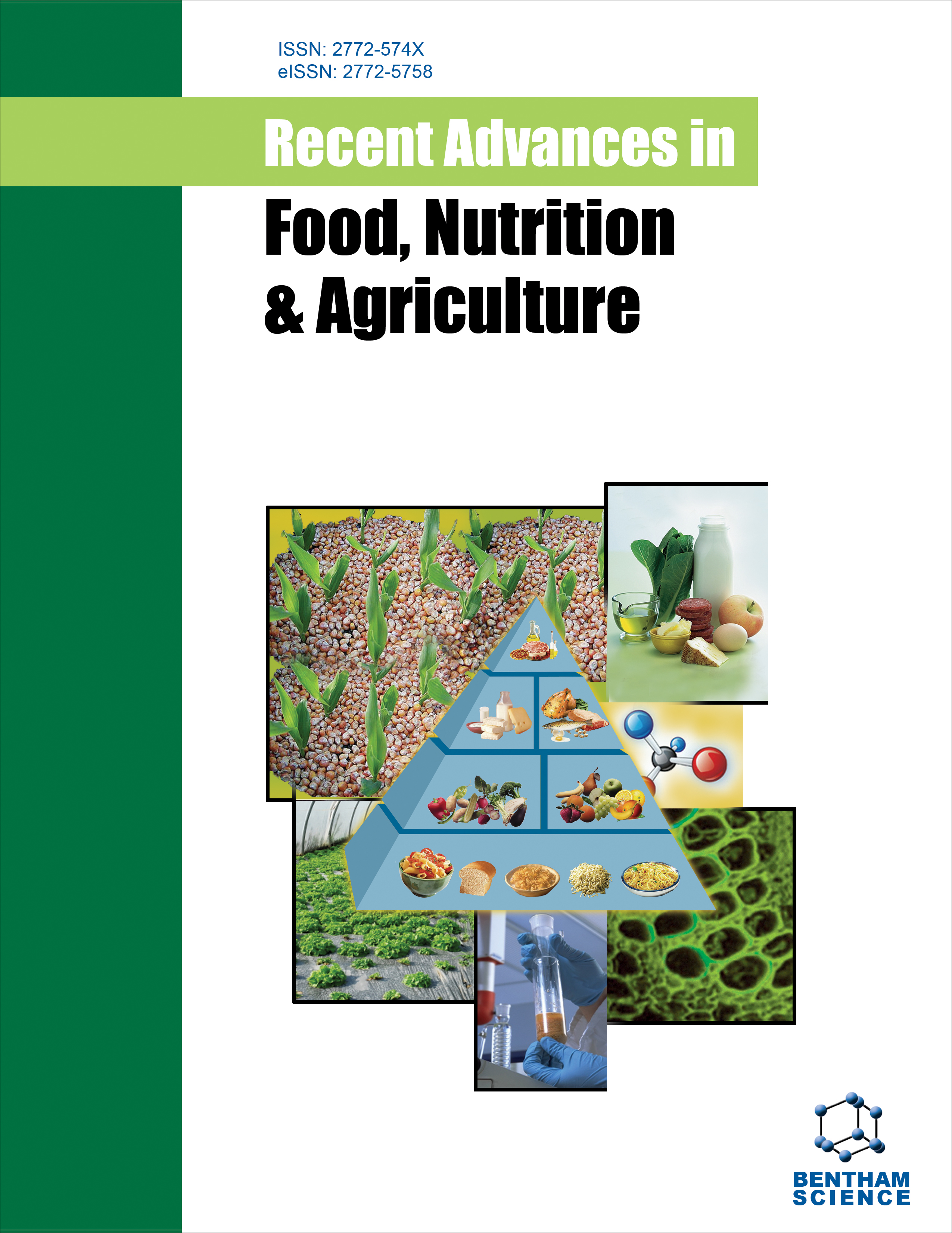
Full text loading...
The link between diet and the progression of Multiple Sclerosis (MS) is a topic of growing interest and investigation within the medical community. This review explored the mechanisms through which dietary interventions can impact the course of MS and shape the clinical outcomes and quality of life of individuals with the disease. By synthesizing current knowledge from clinical studies and observational research, the review aimed to provide insights into the role of diet in managing MS. A comprehensive literature search was conducted, focusing on the effect of diet and dietary patterns on the progression of MS. Key findings indicated that individuals with higher diet quality exhibit reduced disability levels and lower symptom severity, emphasizing the importance of maintaining a healthy diet and adopting a holistic, healthy lifestyle in managing MS. The review also delved into the potential impact of macronutrients, vitamins, and minerals on the progression of MS, highlighting the importance of adequate nutrient intake for optimal health outcomes. Additionally, the study explored the association between dietary intake variations and the severity of MS, suggesting that further investigation is needed to understand the potential implications of nutrient deficiencies in MS patients. Overall, the review serves as a valuable resource for healthcare professionals and individuals living with MS, providing evidence-based dietary approaches that may help optimize health outcomes and mitigate the burden of the disease. It also calls for future research directions in the critical area of dietary management of MS to enhance our understanding and improve patient care.

Article metrics loading...

Full text loading...
References


Data & Media loading...

